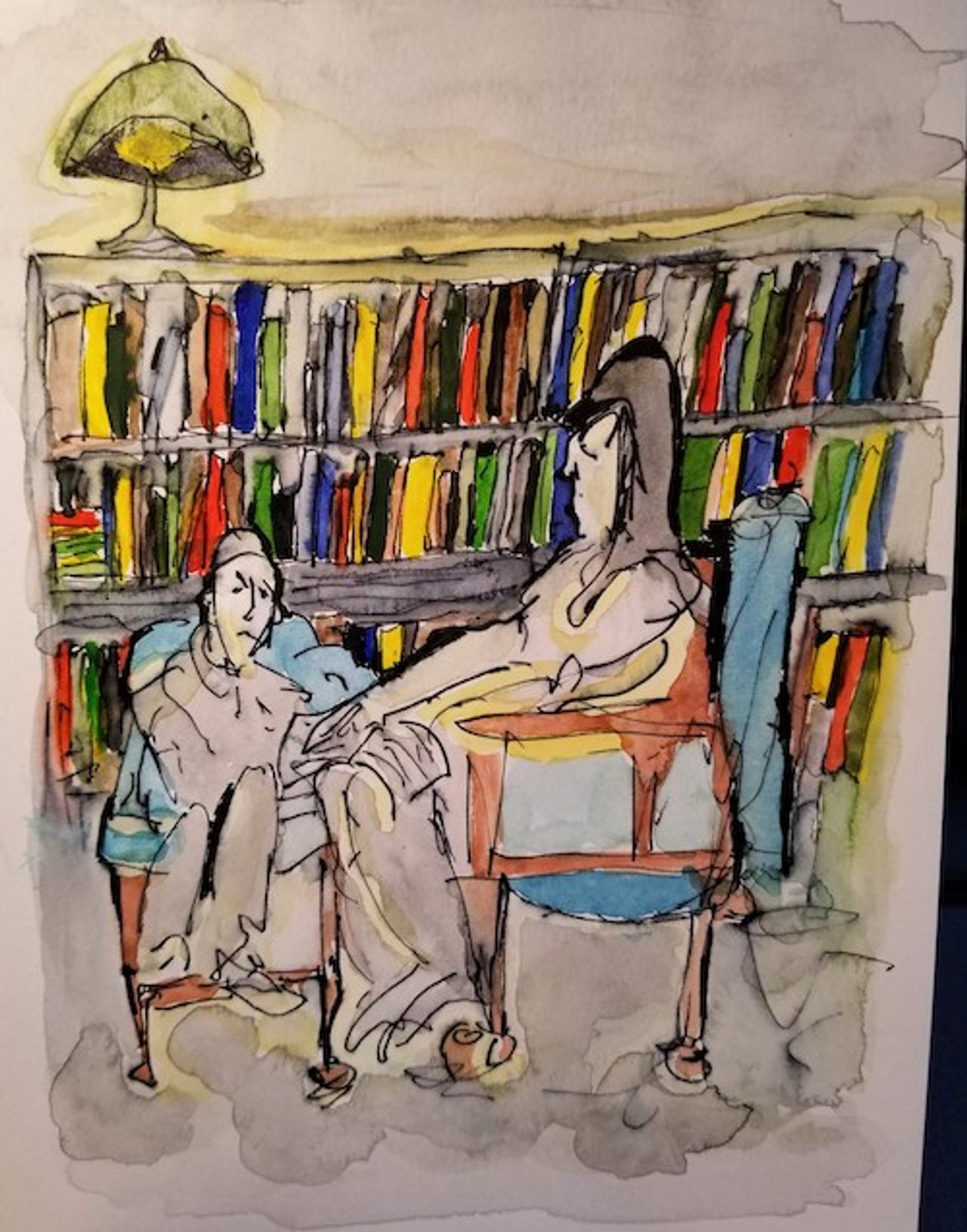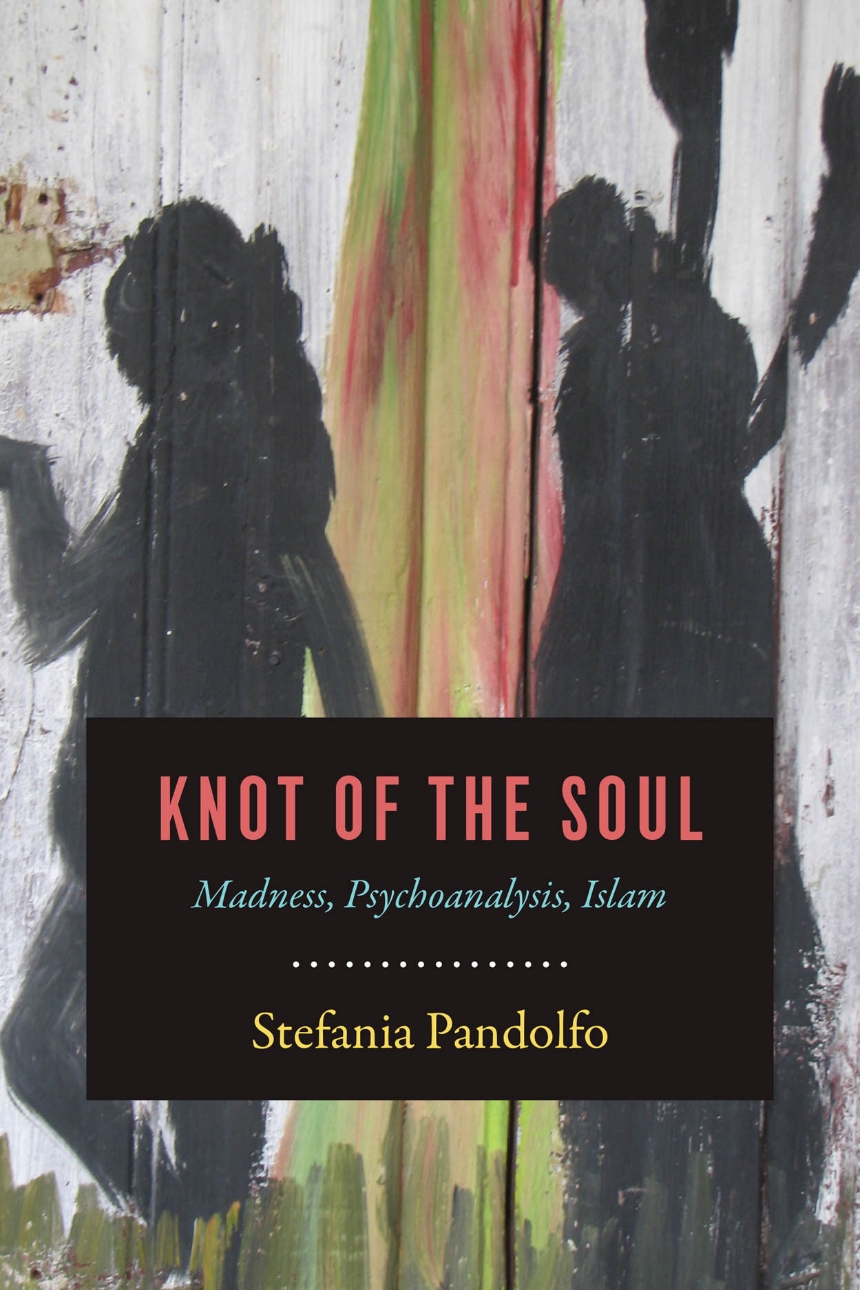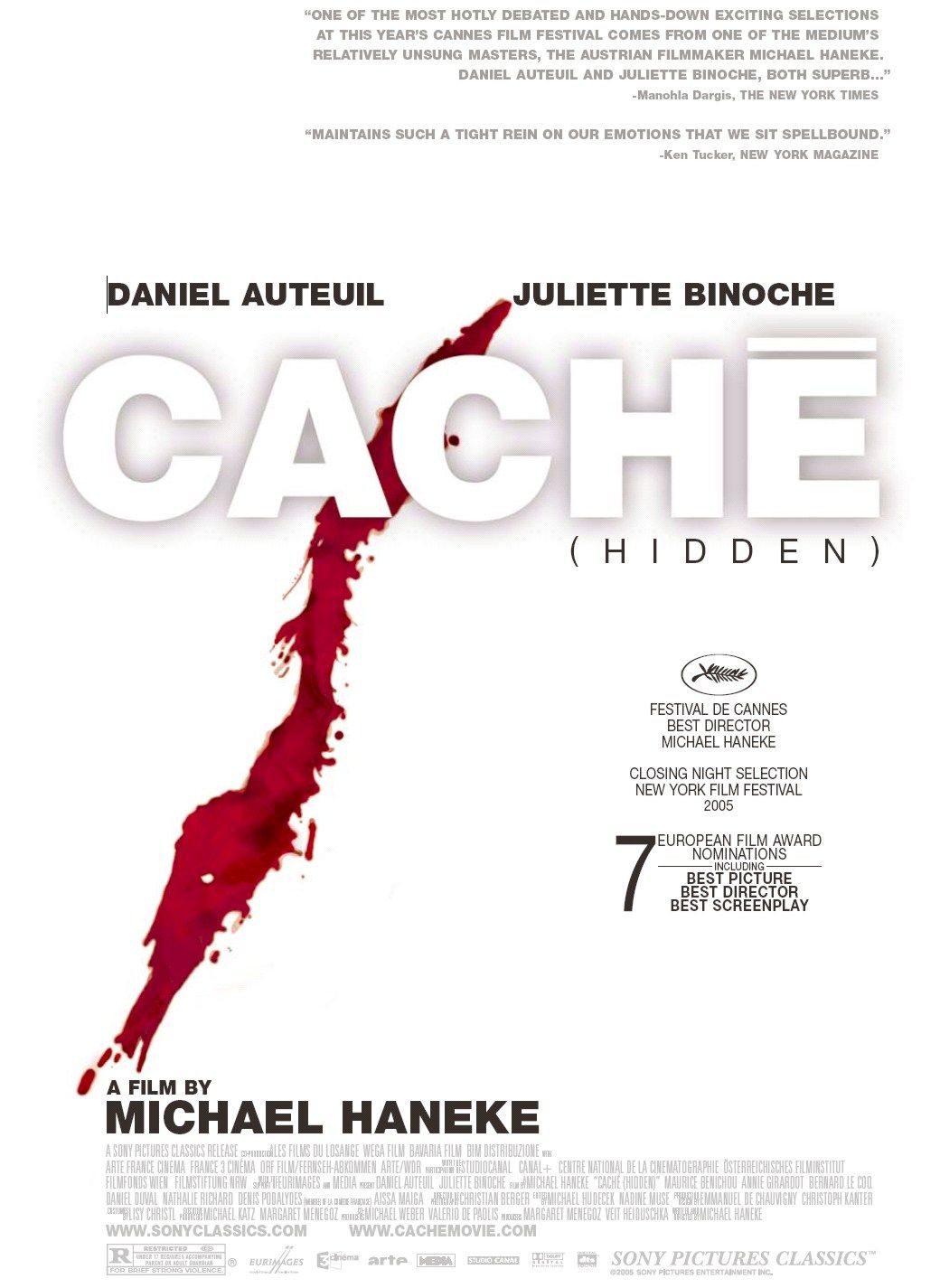DREAMS ARE MESSAGES from the deep. Thus begins Denis Villeneuve’s adaptation of Frank Herbert’s Dune. In his dream visions, Paul Atreides repeatedly imagines his own death and the death of others. In his encounter with the Reverend Mother’s gom jabbar, for instance, he confronts a scorched corpse, warriors kneeling in defeat, and a bloody crysknife, the fabled knife of Arrakis made from the tooth of Shai-Hulud.
Category: Reviews
A Liturgy of the Soul. Book Review of Stefania Pandolfo’s Knot of the Soul: Madness, Psychoanalysis, Islam
Reading and responding to Knot of the Soul deeply signifies a longstanding dialogue with my friend and interlocutor Stefania Pandolfo. For a decade now, we have discussed our shared interest in questions centered around ʿilm al-nafs—the “science of the soul.” What does it mean to talk about a “science of the soul,” both in its historical and ethnographic instantiations? Can the topographies of the nafs (soul, spirit, psyche) be considered and compared across diverse discursive traditions and intellectual formations? If my work unearths a genealogical connection between the Islamic concept of al-la-shuʿur (an unknown-known) and the Freudian notion of the unconscious, Pandolfo’s work explores a tradition of Islamic therapeutic practice that is convivial with the unconscious. If the nafs is, within this tradition, a space where the Divine can be manifested, then it is also a space for the potential transformation of the soul. What is this space of transformation within Islamic practice and does it find echoes in the psychoanalytic space of the clinic? Crucially, such questions are not merely academic but concern how we engage psychoanalysis in our own lives.
A Radioscopy of the Egyptian Soul: Film Review of Yousry Nasrallah’s The Aquarium
Fear creeps through Yousry Nasrallah’s 2008 ‘Genenet al-asmak’ (The Aquarium) like a miasma. The film’s temporalization is, like fear, slow and meandering. The film opens with a scene in which a caller to a talk show called ‘Night Secrets’ tells of his pervasive fears—of people, neighbors, birds and others. Another tells the story of his fear that his chickens may have contracted avian fl u and so he releases scores of white chickens into the desert. Nasrallah’s long pensive shot of these pristine chickens against the desert sky is as ominous as it is beautiful.
Remembrance of Things Hidden: Film Review of Michael Haneke’s Caché
Scholars of colonialism have long sought to expose that which remains hidden or invisible within the colonial encounter. Like Freud and Marx before them who unraveled the complex semiotics of the symptom or the commodity form, postcolonial theorists have endeavored to unmask European ideologies of progress, civility, and liberalism. Caché is a film that makes visible all that is invisible beneath the pretentious veneer of Parisian bourgeois domesticity. Underneath all surfaces of bourgeois respectability, Michael Haneke’s corpus teaches us, is a crime.



